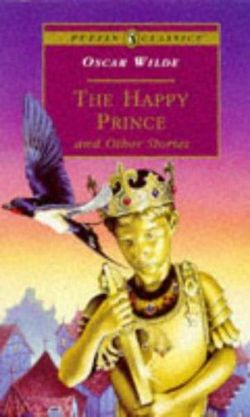

These special fairy tales, which Oscar Wilde made up for his own sons, include 'The Happy Prince', who was not as happy as he seemed; 'The Selfish Giant', who learned to love little children; 'The Star Child', who suffered bitter trials when he rejected his parents. . . . Often whimsical and sometimes sad, they all shine with poetry and magic.
- ISBN:
- 9780140366914
- 9780140366914
- Category:
- Traditional stories (Children's / Teenage)
- Publication Date:
- 02-01-1995
- Publisher:
- Penguin UK
- Edition:
- 1st Edition
- Pages:
- 224
- Dimensions (mm):
- 199x129x16mm
- Weight:
- 0.18kg
Click 'Notify Me' to get an email alert when this item becomes available
Great!
Click on Save to My Library / Lists
Click on Save to My Library / Lists
Select the List you'd like to categorise as, or add your own
Here you can mark if you have read this book, reading it or want to read
Awesome! You added your first item into your Library
Great! The fun begins.
Click on My Library / My Lists and I will take you there
Click on My Library / My Lists and I will take you there
Reviews
Be the first to review Happy Prince & Other Stories The.


Share This Book: